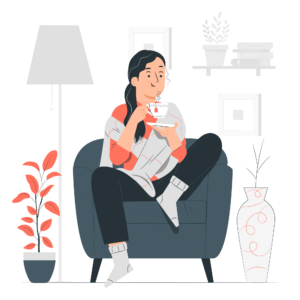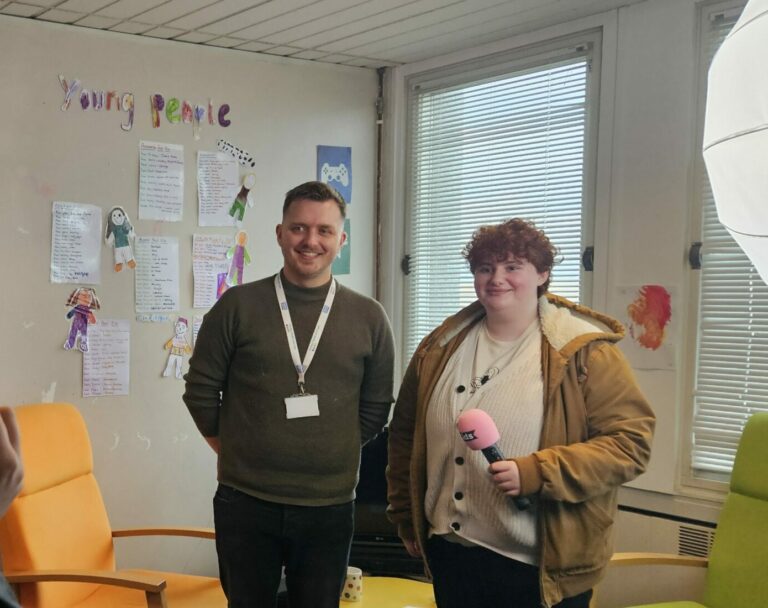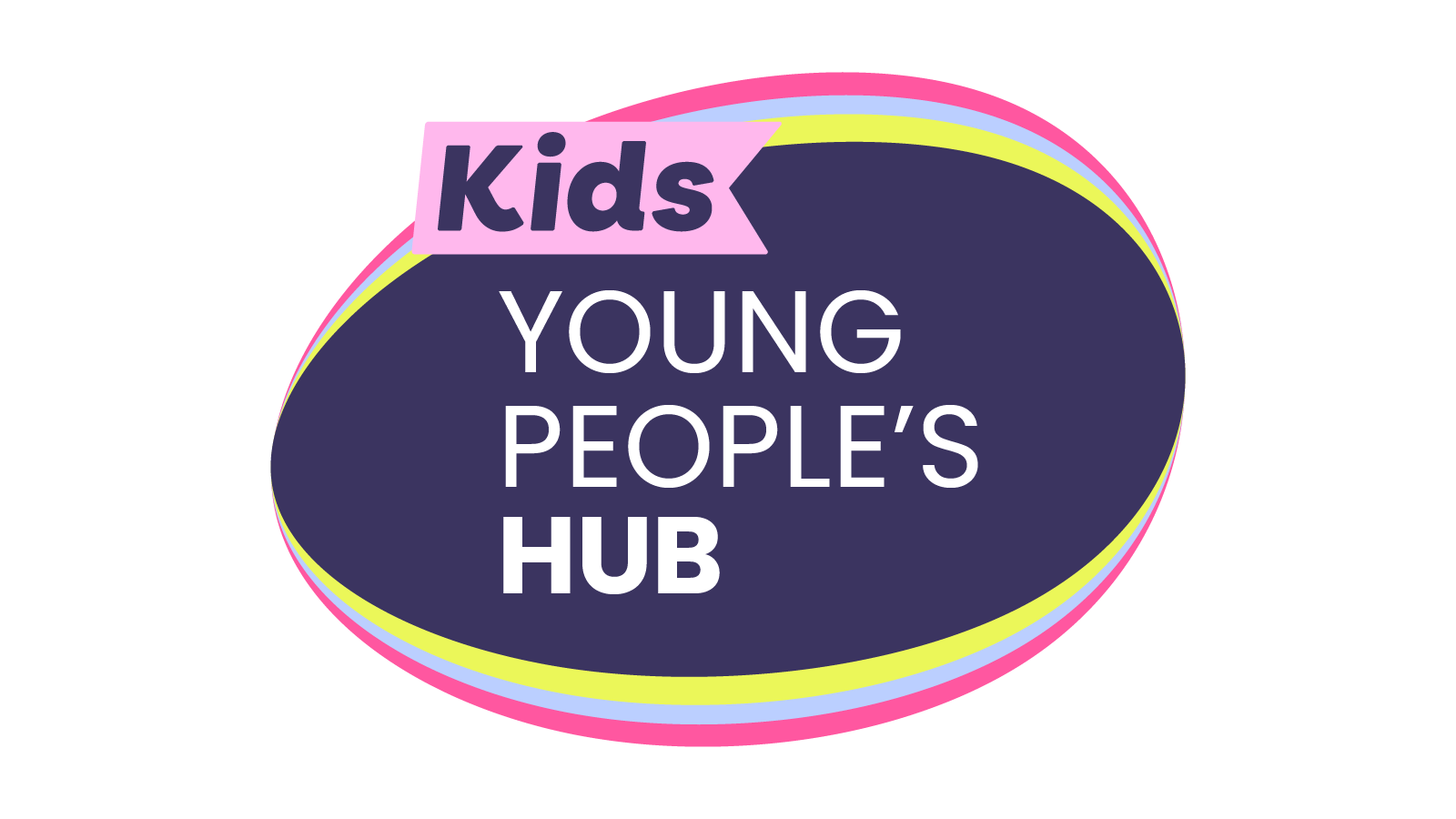Sensory overload at school and college
School and college can be full of sensory challenges—loud noises, bright lights, crowded hallways, and lots happening all at once. If you’re autistic, these things can feel overwhelming and make it harder to focus, learn, or enjoy your day.
But there are ways to cope and people who can support you. Here are some tips to help you manage sensory overload in educational settings.
Know your triggers
Understanding what causes your sensory overload is the first step. Common triggers in school or college might include:
Tip: Keep a note of when you feel overwhelmed at school to spot patterns and prepare for those times.
Loud
Loud classrooms, assemblies, or dining canteens can be very noisy and stressful to some
Bright
Overhead lights, flickering bulbs, fluorescent lighting…they can all trigger overload responses
Crowded
Perhaps hallways or classrooms are too busy and hectic and cause overload
Smells
This could be from food, perfumes, cleaning products…
Uncomfortable
You might have a uniform that feels scratchy, or a chair that’s bumpy, for just two examples

Create a study routine that works for you
Routines can be comforting, especially during stressful times. Try these ideas:
- Plan short, focused study sessions with breaks in between.
- Use visual timetables or planners to see what you need to do each day.
- Study at the same time and place if that helps you feel calm.
- Use colourful notes, drawings, or apps if visual learning works best for you.
Tip: Break tasks into small chunks. For example, instead of “study history,” write “review 2 pages of notes from the Romans.”

Create a sensory toolkit
A sensory toolkit is a collection of items that help you feel calmer during the school day. You can keep it in your bag or locker. Ideas include:
- Noise-cancelling headphones or earplugs for loud environments
- Sunglasses or a cap to reduce bright lights (check school rules first)
- Fidget toys or stress balls for when you need to focus or calm down
- Chewing gum or mints (if allowed) to help with overwhelming smells or tastes
- A soft piece of fabric or small comfort item
- Scented items you like (like a calming-smelling wristband)
Tip: Talk to your teacher or SENCO about when and where you can use your toolkit during the day.

Some things that help me, include:
– Meeting my teachers and getting used to the building before school starts.
– Leaving lessons 5 minutes earlier to beat the rush in the corridors.
– Having a time-out card, so I can leave lessons if I feel overwhelmed.
– Having access to a quiet room.
– Reduced timetable to begin with.
Georgia
Plan for busy times of the day
Certain times of day, like class changes or lunchtime, can be more overwhelming. Try these strategies:
- Ask to leave class a few minutes early to avoid crowded corridors.
- Eat lunch in a quieter area if the dining area is too noisy.
- Use designated calm spaces or sensory rooms if your school has them.
- Work with your teacher to find quieter spots in classrooms or during group work.

Use calming tecniques
When things get too much, calming strategies can help. You could try:
- Deep breathing: Slowly breathe in through your nose and out through your mouth.
- Counting: Silently count to ten or twenty to help refocus.
- Grounding techniques: Focus on things you can see, hear, and feel around you.
- Taking movement breaks: Stretch, walk around, or use any movement-based activities allowed in your school.
Tip: We have several calming activities that might help. You could practice at home so they feel easier to do when at school or college

Talk to teachers or support staff
You don’t have to handle this on your own. It’s okay to speak up if you need support. Consider talking to:
- Your SENCO (Special Educational Needs Coordinator) about adjustments.
- Your teachers about seating arrangements or quieter working options.
- A trusted adult, like a teaching assistant or school counsellor.


My tips are to set a time to do your schoolwork, and organise your bag, outfit and packed-lunch bag the night before.
Troy
Make your learning environment more confortable
Even small changes can help you feel better during lessons:
- Ask to sit near the door or window for easier breaks.
- Request dimmer lighting or use a visor or hat to reduce bright lights.
- Wear comfortable clothing (if possible, talk to your school about uniform adjustments)
- Bring a cushion or textured item for comfort at your desk.

Final thoughts...
School can sometimes feel overwhelming, but there are ways to make things easier.
Finding what works for you and talking to people who can help is really important. You deserve to feel comfortable and supported while you learn.
Resources
Some extra info you might find useful…
Activities
We have a lovely range of activities that might help. Choose something creative, mindful, self-care focused & more to help with any sleep issues and to help relax your body & mind.
Sleep & Calming Apps
Check out the Google Play or Apple store for some helpful calming music and sleep aid apps that might help
Other stories you might like




